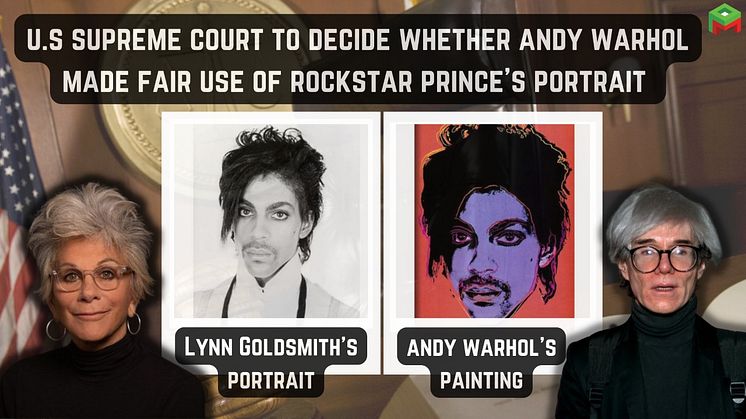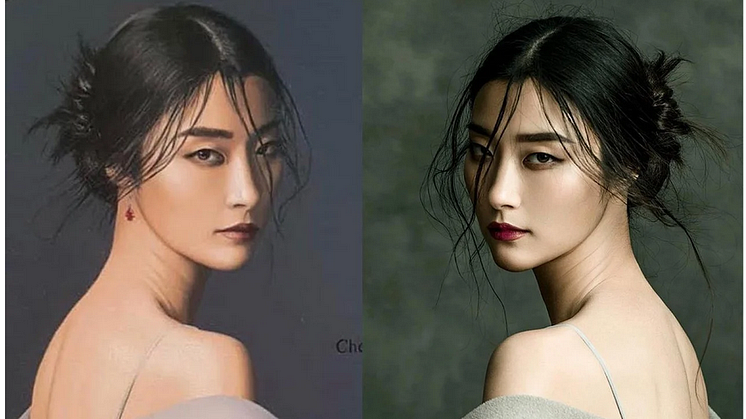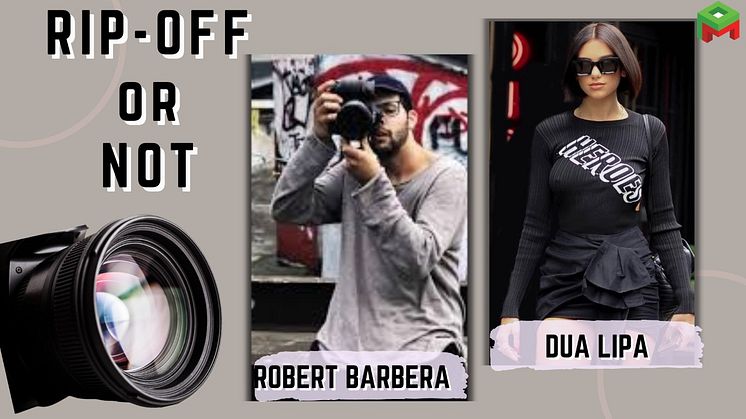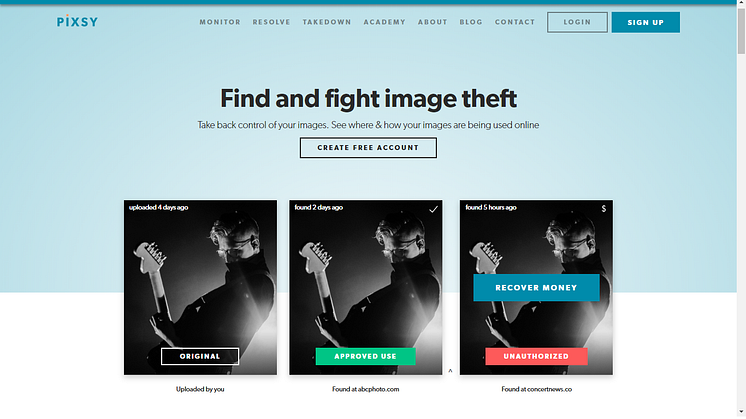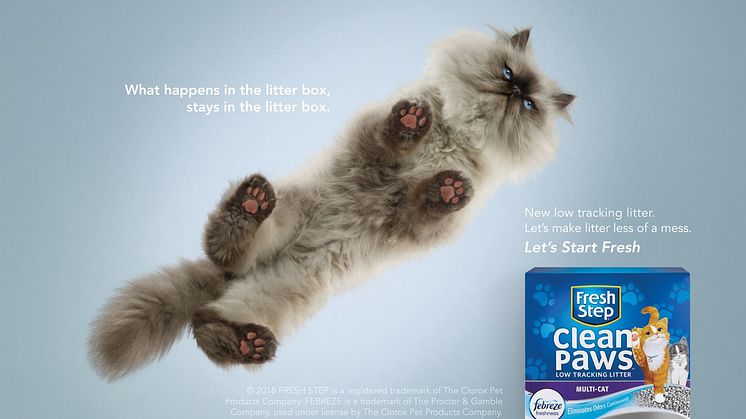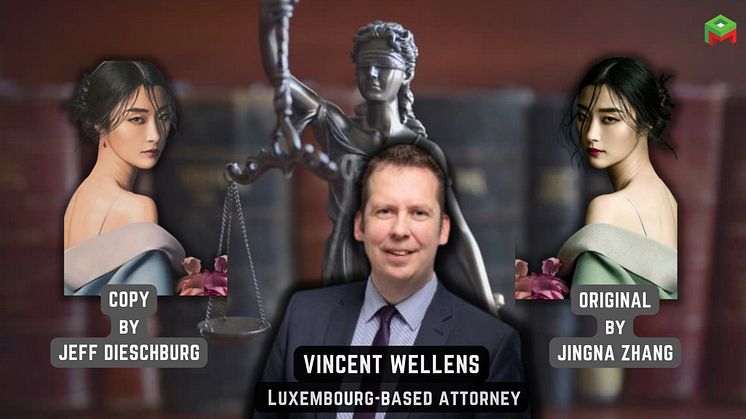
News -
Litigation update in the Jingna Zhang-Jeff Dieschburg case: Defense denies liability for infringement
In June, Singaporean photographer Jingna Zhang filed a copyright infringement action against Jeff Dieschburg, an art student at the University of Strasbourg, for his award-winning painting ‘Turandot’, which Zhang claimed was in fact an unauthorized reproduction and use of her fashion photograph appearing in Harper’s Bazaar magazine in 2017. PitchMark caught up recently with Zhang’s Luxembourg-based attorney Vincent Wellens for some further insight into the case and its most recent developments.
According to Wellens, the art student Dieschburg is represented by a counsel in Luxembourg who is mounting an “aggressive” defense based on several legal theories, including among them an arcane and untested exception to Luxembourg’s copyright law, as well as the plaintiff’s copyright ownership in the underlying work.
Wellens says: “It’s a very interesting case…he’s denying (liability) on all levels. The first justification was based on some kind of transformative use exception accepted under U.S. law, but that doesn’t exist under Luxembourg’s copyright law. There’s also one particular exception under EU and Luxembourg law known as a parody exception for pastiche but nobody really knows what that is.”
Indeed, parody and pastiche are explicit liability exceptions for copyright infringement in a number of jurisdictions globally, despite the lack of any corresponding definition of what those terms mean in practice.
Wellens notes that under the Luxembourg law, parody generally requires some sort of social statement relating back to the original work, and furthermore that pastiche typically involves some element of corresponding humor, which he feels is not the case here.
“Now, if there is a legitimate question on that issue we will refer the case to the Court of Justice of the European Union, who will then have to give an interpretation, but in the Luxembourg law fortunately they have explicitly added that the pastiche exception needs to have an element of humor whereas the interpretation may be different in other countries,” he adds.
Wellens further reports that, most recently, the defendant has even tried to place into doubt Zhang’s copyright ownership of her photograph. He interprets this as a likely sign of weakness that the defendant may not feel confident of the merits of his defense under copyright law.
He also notes that Luxembourg’s copyright law presumes copyright ownership of a photograph by the person who first published it.
In the midst of the legal proceedings, it is understood that Dieschburg’s prize awarded to him for his entry at the 11th Strassen Contemporary Art Biennale has been temporarily suspended by the event organizers and the gallery where the painting had previously been displayed is no longer exhibiting it. Anecdotal reports also indicate that Dieschburg’s university degree may have been similarly suspended.
Wellens feels the entire incident could likely have been avoided had the defendant responded differently. “If (the defendant) would’ve said ‘you know, I’m a young artist, I made a mistake there, maybe I was too enthusiastic by using your photograph as the basis for my painting.’ But there’s also the denial and the fact that in this case the defendant was very overt and aggressive about the case in the press,” he adds.
Ultimately, the test for copyright infringement in Luxembourg requires the plaintiff to merely establish prior access and substantial similarity to the infringed work, and those facts seem not to be at issue here. Wellens says: “Everybody around me says that (establishing liability) would be the case, but of course you are pleading in front of a judge...a human being and not a robot. You never know.”
PitchMark helps innovators deter idea theft, so that third-parties that they share their idea with get the idea but don’t take it. Visit PitchMark.net and register for free as a PitchMark member today.


